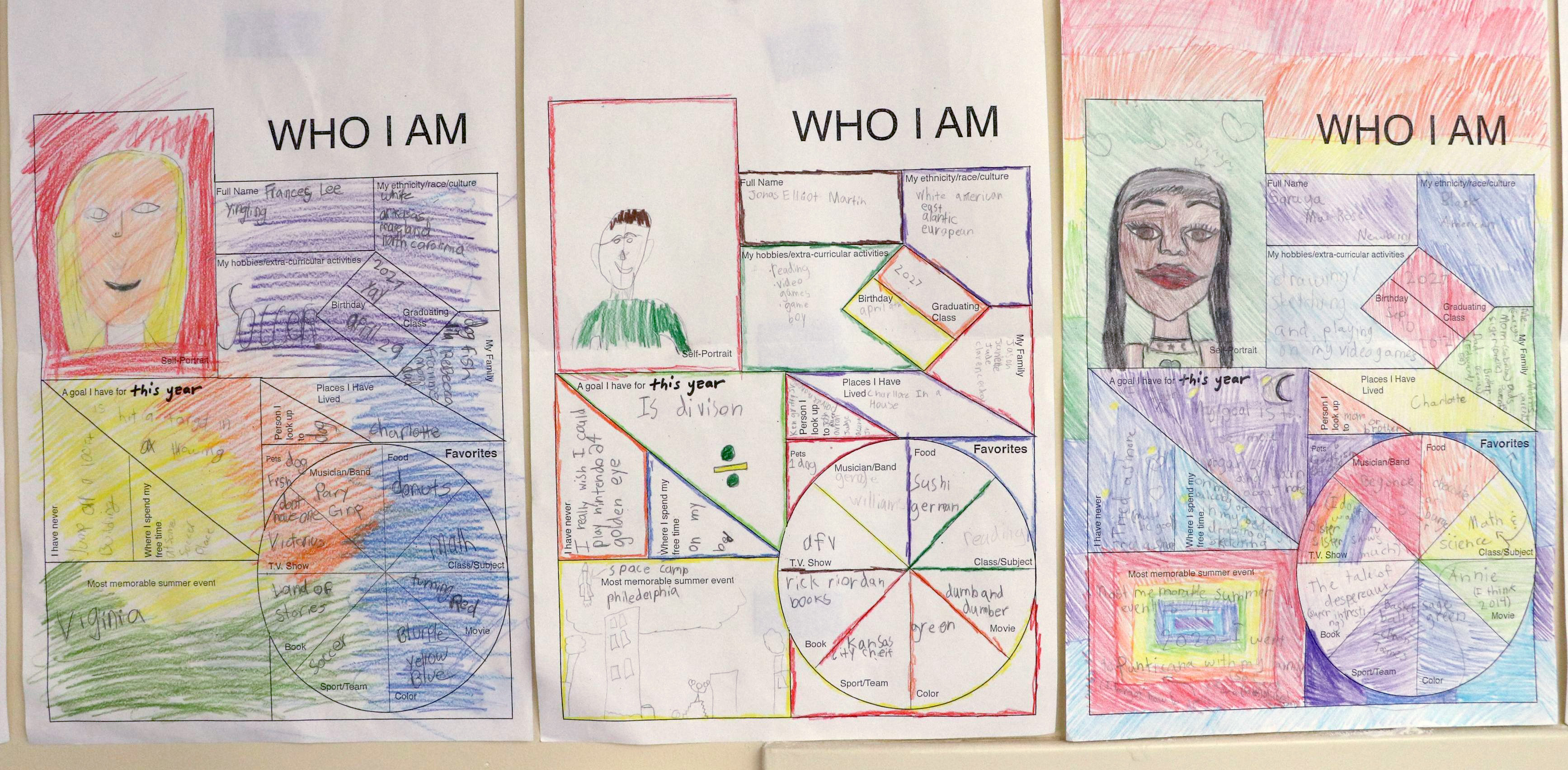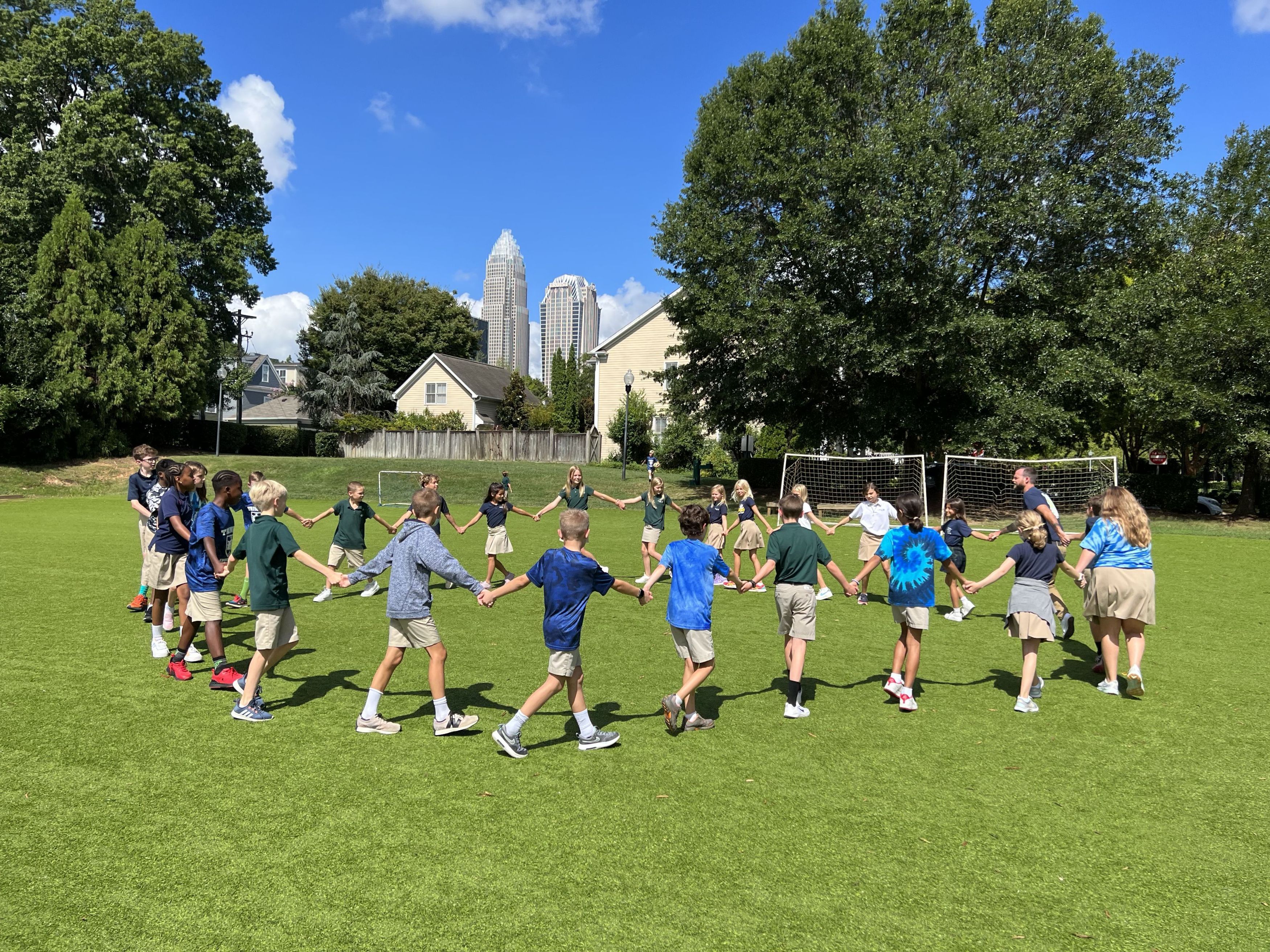We encourage our students to approach the matter of embracing diversity through four essential questions:
Who am I?
The first question is about dignity, urging our young people to value themselves as made in the image of God and as unique parts of God’s creation in the world. Right down to our fingerprints, each one of us is specially made and meant for a purpose in this world.
When there are voices in our society that would demean and denigrate our young people by judging the exterior, we at Trinity counteract those voices with our positive message, which is then reinforced through all that we teach, how we play, and what we discover together. This is the central emphasis of our chapel services and faith studies classes on all grade levels – that we are each made in the image of God and are called to a higher purpose.
Who are you?
The second question has to do with the diversity and how both the Hebrew Bible and the New Testament call us to love our neighbors as ourselves. This means recognizing the dignity and worth of all those around us, looking beyond our myopic focus on self to learn from and enjoy those around us.
In our diversity and belonging lessons, students discover in creative lessons the joys of difference. We undergird all we do with the vital message to give as high a regard for the other person as we do for ourselves.
Who are we together?
The third question raises the issue of unity rather than uniformity. This idea goes beyond inclusion to creating a community of belonging, where everyone feels that he or she belongs.
We live into how God has made each of us, appreciating both our differences and similarities, and discovering our sense of “family” together.
What are we called to do?
The fourth question uncovers what we together can be, equity for all – at Trinity, in Charlotte, and in our wider society.
If we value ourselves and give worth to each other, then we together are in a position to make a positive impact on our wider world.
Our service learning program matches each grade level to a service partner, so our students learn the value of giving back to those in need around us, as well as the humility of learning from those beyond our school for our own students’ formation into caring and giving adults.
For most of us, it is easier to love our neighbors when we surround ourselves with people who are from similar backgrounds and who think like us. Trinity’s mission expects us to be a diverse community. It can be challenging to create a community of belonging that is equitable and provides dignity to all. However, we believe that by engaging in this work with students, faculty, staff, and parents, we will interrupt the implicit bias that is created naturally in all of us from being part of our society. We hope that by interrupting this natural process, our students will be better able to love their neighbors in the manner God has intended for all of us.



